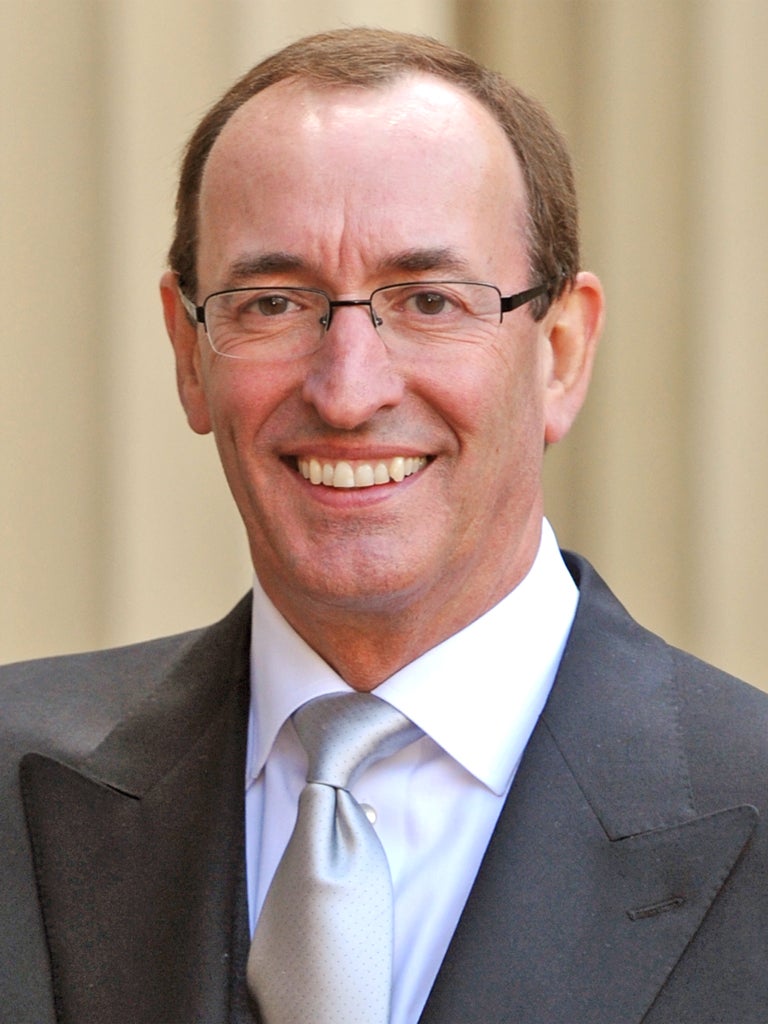The richest pensioner on the FTSE 100: Former boss of BG Group, Sir Frank Chapman, has pot worth more £22m

Your support helps us to tell the story
From reproductive rights to climate change to Big Tech, The Independent is on the ground when the story is developing. Whether it's investigating the financials of Elon Musk's pro-Trump PAC or producing our latest documentary, 'The A Word', which shines a light on the American women fighting for reproductive rights, we know how important it is to parse out the facts from the messaging.
At such a critical moment in US history, we need reporters on the ground. Your donation allows us to keep sending journalists to speak to both sides of the story.
The Independent is trusted by Americans across the entire political spectrum. And unlike many other quality news outlets, we choose not to lock Americans out of our reporting and analysis with paywalls. We believe quality journalism should be available to everyone, paid for by those who can afford it.
Your support makes all the difference.Sir Frank Chapman, the former boss of oil and gas company BG Group, is revealed as the richest pensioner in the FTSE 100 with a pot worth more than £22m when he stepped down.
The transfer value of Sir Frank’s pension holdings is the highest uncovered by this year’s TUC Pension Watch survey, which shows that the average pot of FTSE 100 bosses has surged to £4.75m.
Based on figures culled from annual reports, it found the average accrued annual pension stands at £259,947 – 25 times the average employee’s of £10,452 a year.
The report says David Brennan, who last year quit AstraZeneca amid investor anger over the group’s performance, will enjoy much more with an annual £1m retirement income from his pension arrangements. A further four directors – including Sir Frank – are to receive more than £800,000 a year.
Even though most new pensions are now “defined contribution” (DC), where the employees bear the risk, FTSE 100 company bosses again enjoy gold-plated schemes. The most popular DC rate towards a director’s pension is 25 per cent of their salary per year.
The report contrasts this with the policy of easyJet, which has directors in the same scheme as employees, offering an annual payment of seven per cent of salary. The average contribution rate for all workplace pensions is six per cent, while workers saving into the National Employment Saving Trust (Nest) under auto-enrolment into workplace pensions will receive an employer contribution of three per cent.
Critics have become concerned at the way pensions are used as a way of increasing executive pay at a time when salaries and bonuses are under intense scrutiny.
TUC general secretary, Frances O’Grady, said: “There can be no justification for this stark divide in company pensions. Some directors are collecting millions while schemes are scaled back for ordinary staff. It’s time companies created a level playing field.”
Join our commenting forum
Join thought-provoking conversations, follow other Independent readers and see their replies
Comments